Products
Ceramic Balls
Fine ceramic has superior mechanical, thermal, magnetic, chemical, and insulative characteristics such as light weight, extreme hardness, high temperature strength, high friction strength, high corrosion resistance. They are used in a wide variety of areas.
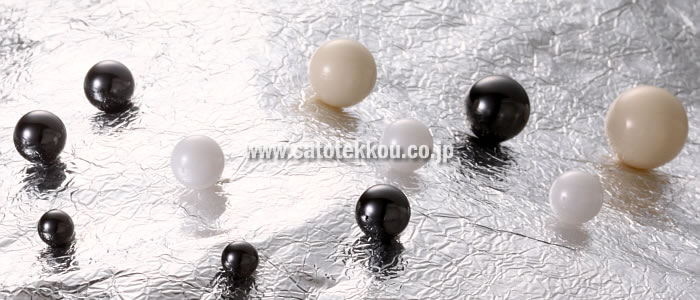

Types of Ceramic Balls
-
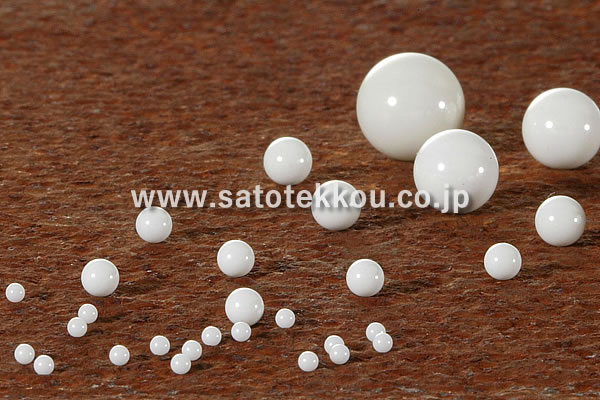
Almina balls (AI2O3)
Almina balls (AI2O3)
Popular & the most reasonable fine ceramic which has high electric insulation, strength under regular temperature and is corrosion resistant.
From the point of view of contamination, it is often used in the semiconductor industry. -
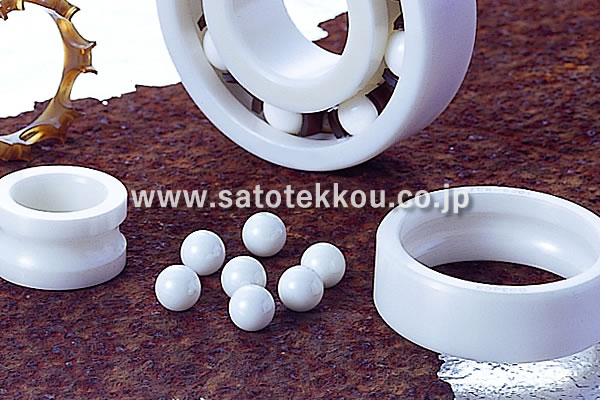
Zirconia balls (ZrO2)
Zirconia balls (ZrO2)
Zircon has a high melting point, is chemically stable, and has low thermal conductivity.
Rough products tend to be used for crushing, and high precision products tend to be used for electronic components. -
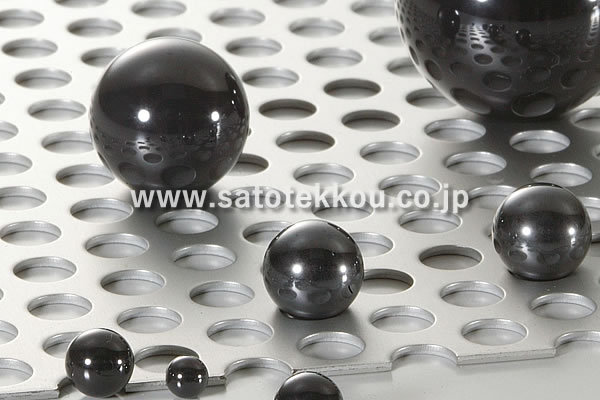
Silicon Nitride balls (Si3N4)
Silicon Nitride balls (Si3N4)
Silicon Nitride has a low thermal expansion coefficient and is excellent at bending strength, fracture toughness and heat impact resistance.
Recently, it is widely used for ball bearings. -
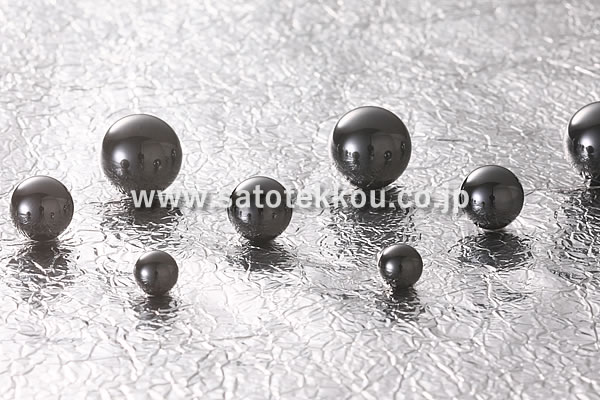
Silicon Carbide balls (SiC)
Silicon Carbide balls (SiC)
Silicon Carbide has a low declining mechanical strength under high temperature (more than 1000℃) and high friction resistance.
From the point of view of contamination, it is often used in the semiconductor industry.
